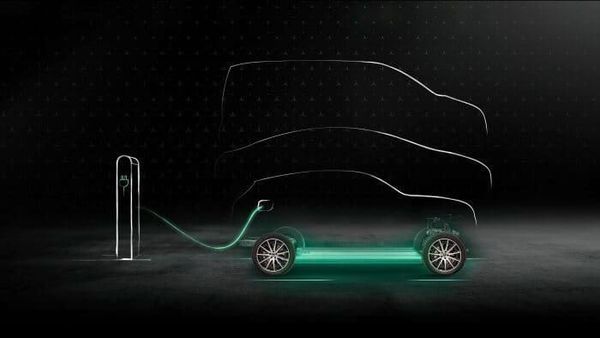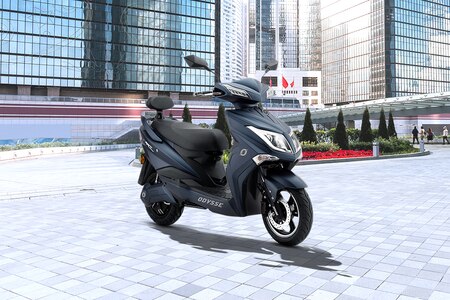Global EV sales accelerating, but government help needed, says IEA
- While the Covid-19 pandemic drove global car sales down 16% in 2020, EV sales jumped 41% to around 3 million vehicles.


Global electric vehicle (EV) sales picked up speed in the first quarter, but more government action is needed on charging stations and fossil-fuel vehicle bans to keep the momentum going, the International Energy Agency (IEA) said on Thursday.
"We still see no sign of a slowdown in global electric car markets," said Timur Gül, head of the IEA's energy technology policy division, in a presentation on the global outlook for EVs.
Also check these Vehicles
While the Covid-19 pandemic drove global car sales down 16% in 2020, EV sales jumped 41% to around 3 million vehicles.
First-quarter global EV sales soared 140% to 1.1 million vehicles, with strong growth in China, Europe, and the United States, the IEA said.
A Munich Mobility Show study released last week showed huge disparities in global EV ownership, with very few electrified vehicles on the roads in large markets like Russia, South America and Africa.
EV sales growth in Europe and China has been fueled by tightening CO2 emissions standards and government subsidies.
Globally, consumers spent around $120 billion on EVs in 2020, while governments forked out around $13 billion in subsidies, or equivalent to around 10% of total spending, down from 20% of total spending in 2015.
That will fall further as battery prices drop and EVs reach cost parity with fossil-fuel vehicles, which IEA energy analyst Jacopo Tattini said should happen by 2030.
"But policies must be strengthened to enable a larger electric vehicle deployment," Tattini said.
He said governments need to further tighten fuel economy standards and join the 20 or so countries that have already announced plans to ban on sales of new fossil-fuel vehicles - such as the United Kingdom, which has announced a ban from 2030.
Governments also need to keep up spending on charging infrastructure, Tattini said. Carmakers and environmental groups say more spending on EV chargers is needed to foster consumer confidence in the technology and support sales.








 64.8 kWh
64.8 kWh 418 Km
418 Km

















